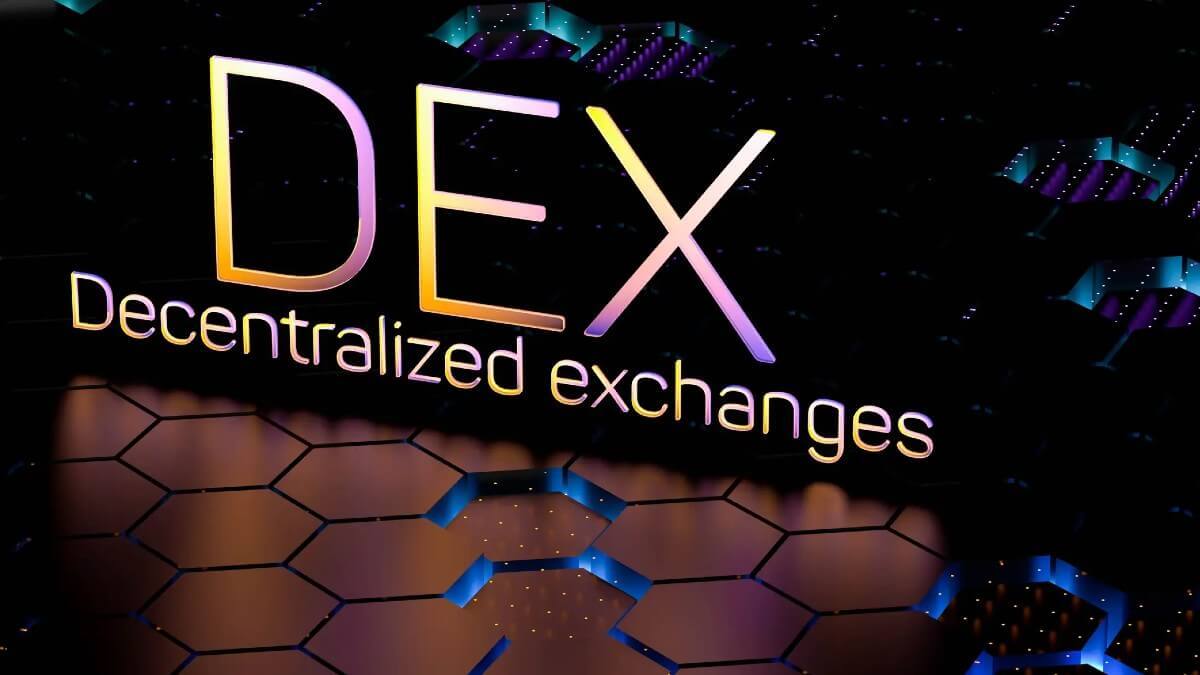In the ever-evolving landscape of blockchain technology, decentralized finance (DeFi) has emerged as a revolutionary force, promising to reshape traditional finance systems. At the heart of DeFi lies decentralized exchanges (DEXs), which serve as the backbone of peer-to-peer cryptocurrency trading. Among the various models of DEXs, Automated Market Makers (AMMs) have gained significant traction due to their innovative approach to liquidity provision and trading.
AMMs operate on the principle of algorithmic market-making, replacing traditional order books with liquidity pools. These pools contain pairs of assets, and traders can swap between them directly through smart contracts. The pricing mechanism in AMMs is driven by mathematical formulas, such as the constant product formula used in Uniswap and its variants.
The rise of AMM decentralized exchange software development has democratized access to financial markets by eliminating intermediaries and providing users with unprecedented control over their assets. Here are some key features and benefits driving the popularity of AMM DEXs:
- Permissionless Trading: Unlike centralized exchanges that require users to undergo KYC/AML procedures and adhere to strict regulations, AMM DEXs enable permissionless trading. Users retain full custody of their funds and can trade directly from their cryptocurrency wallets.
- Liquidity Provision: AMMs incentivize liquidity providers (LPs) to deposit funds into liquidity pools by offering them a share of trading fees. This mechanism ensures continuous liquidity for trading pairs, even for assets with low trading volumes.
- Decentralization: AMMs operate on decentralized networks such as Ethereum, Binance Smart Chain, and others, ensuring censorship resistance and protection against single points of failure. This decentralized architecture enhances security and resilience.
- Accessibility: AMM DEXs are accessible to anyone with an internet connection, enabling global participation in decentralized finance. Users from regions with limited access to traditional financial services can leverage AMM DEXs to trade, invest, and earn yields.
- Innovation and Experimentation: The open-source nature of AMM DEX software fosters innovation and experimentation in DeFi. Developers can fork existing protocols, introduce new features, and customize AMM DEXs to meet specific requirements.
- Reduced Costs: By eliminating intermediaries and automating market-making processes, AMM DEXs significantly reduce trading fees compared to centralized exchanges. This cost-efficiency benefits both traders and liquidity providers.
Despite their numerous advantages, AMM DEXs also face challenges such as impermanent loss, slippage, and front-running. Impermanent loss occurs when the value of assets in a liquidity pool diverges from their value when initially deposited, resulting in reduced returns for LPs. Slippage refers to the difference between the expected price of a trade and the price at which the trade is executed, often exacerbated by low liquidity. Front-running involves traders exploiting transaction information to gain an unfair advantage in the market.
To address these challenges, ongoing research and development efforts are focused on optimizing AMM algorithms, introducing new liquidity models, and enhancing security measures.
In conclusion, AMM decentralized exchange software development represents a pivotal step towards democratizing finance and empowering individuals worldwide. By leveraging algorithmic market-making, permissionless trading, and decentralized architecture, AMM DEXs are reshaping the financial landscape and paving the way for a more inclusive and transparent global economy. As the DeFi ecosystem continues to evolve, AMM DEXs are poised to play a central role in shaping its future trajectory.
Contact our Experts Today:
See our Portfolio: https://rb.gy/0342g
Skype - live:62781b9208711b89
Email Id - [email protected]
Telegram - https://telegram.me/Clarisco
Book a Free Demo - https://rb.gy/rzcdrp





Comments